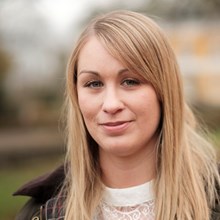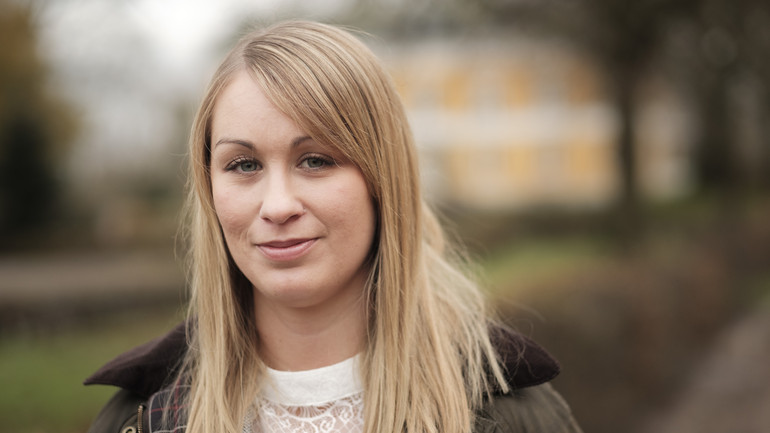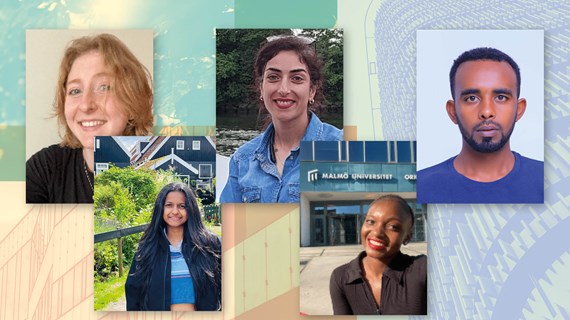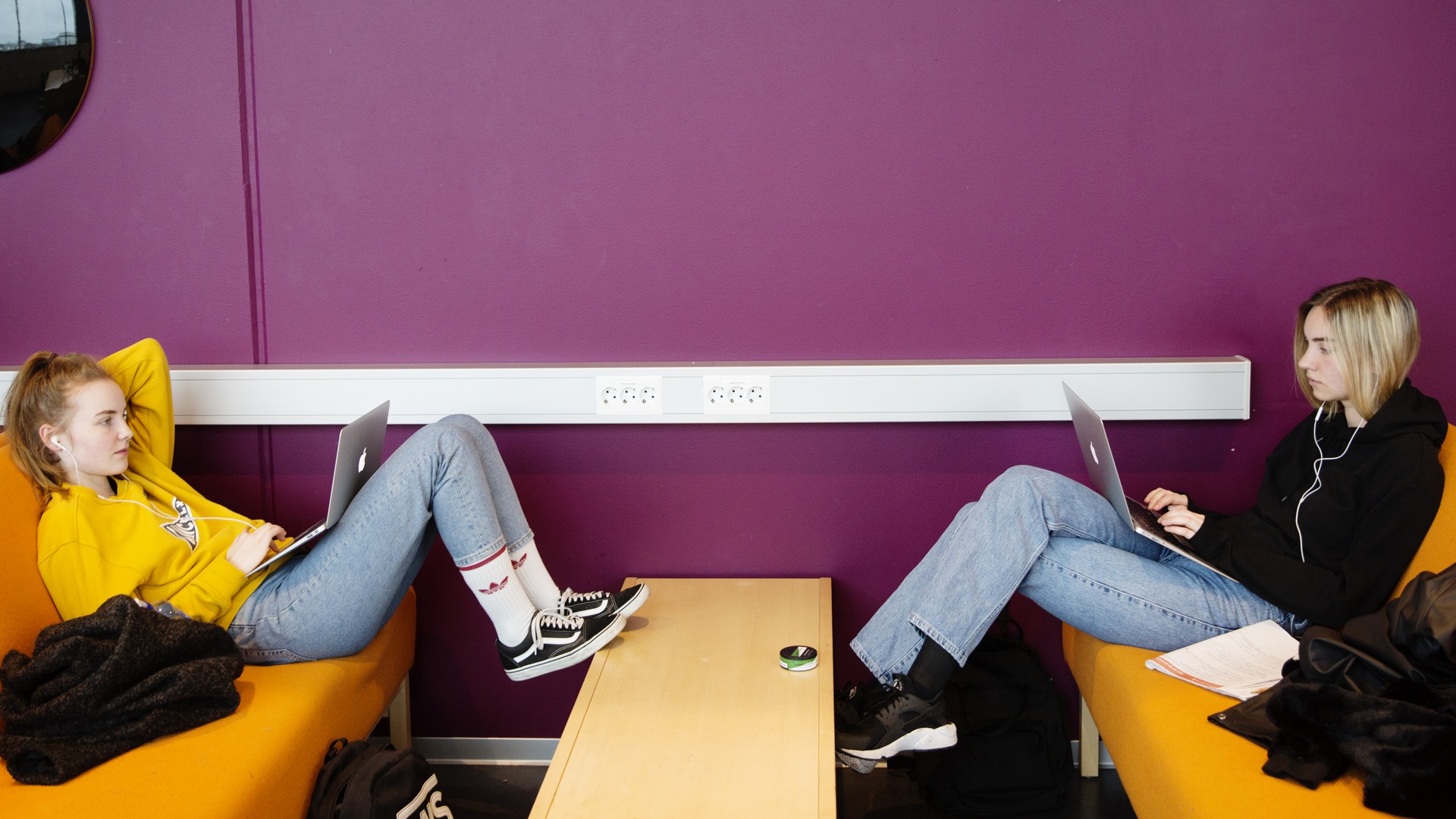Autumn 2026 - Semester 1
- Sport in Society - to Address Challenges (IV601G), 7.5 credits
- Sport and Sustainable Development (IV605G), 7.5 credits
- Perspectives on Sport in a Changing World (IV603G), 7.5 credits
- Sport Governance – from Local to International Level (IV604G), 7.5 credits






